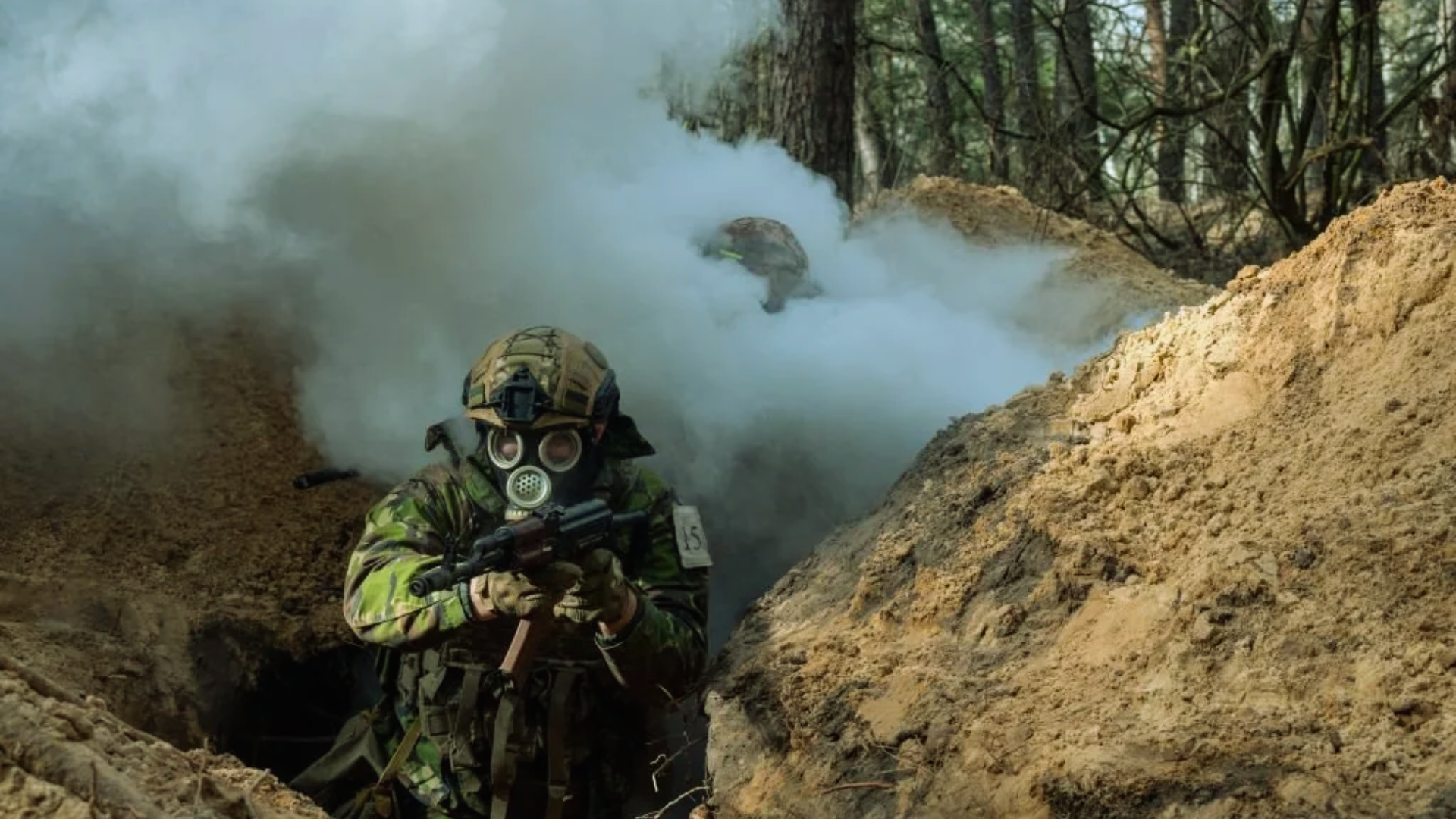The recent accusations leveled against Russia by the United States, alleging the use of banned choking gas Chloropicrin in Ukraine, have intensified international scrutiny and concern over the ongoing conflict in Eastern Europe. The allegations come amidst Russia’s largest military advance in the region, marking a significant escalation in the two-year-long military invasion.
According to statements from the US Department of State, Chloropicrin, also known as nitrochloroform, was allegedly utilized by Russian forces to dislodge Ukrainian soldiers from fortified positions, resulting in tactical gains on the battlefield. These claims have sparked outrage and condemnation from the international community, particularly in light of the 1993 Chemical Weapons Convention (CWC), which Russia is signatory to.
Chloropicrin, primarily used as an insecticide, gained notoriety during World War I when its use was weaponized as one of several gases employed to wound and suffocate entrenched soldiers. The oily substance acts as a toxic irritant, causing severe discomfort to exposed individuals by inducing tearing, burning sensations in the eyes and skin, and affecting the respiratory system. Inhalation of significant quantities can lead to nausea, vomiting, and potentially fatal consequences, particularly for soldiers lacking adequate protective gear.
The alleged use of Chloropicrin by Russian forces has raised alarm bells globally, with concerns mounting over the violation of international agreements and humanitarian norms. Both the United States and Ukraine have accused Russia of resorting to the use of riot control agents, including tear gas grenades loaded with CS and CN gases, as part of its military operations in Ukraine. These tactics, reminiscent of previous incidents such as the poisoning of opposition leader Alexei Navalny in 2020 and former Russian spy Sergei Skripal in 2018, underscore a troubling pattern of behavior by the Russian government.
ALSO READ : Josh Baker: Unveiling The Story Of The English Spinner, Who Passed Away At The Age Of 20
In response to these allegations, the United States has taken decisive action, imposing sanctions on three Russian state entities linked to Moscow’s chemical and biological weapons programs. Additionally, the U.S. Treasury has targeted three entities and two individuals involved in procuring items for Russian military institutes associated with chemical and biological weapons programs. These measures represent a concerted effort to hold accountable those responsible for violations of international law and human rights abuses.
As the international community continues to grapple with the escalating crisis in Ukraine, calls for accountability and justice grow louder. The alleged use of Chloropicrin and other chemical agents in the conflict underscores the urgent need for a peaceful resolution and reaffirms the importance of upholding international norms and conventions aimed at preventing the use of chemical weapons.





















